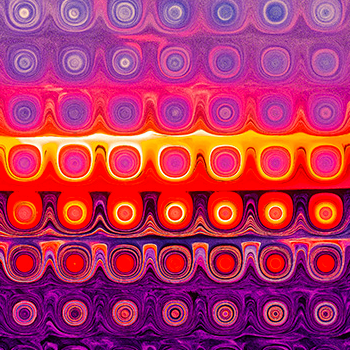Question #bd0e0
1 Answer
You can't. This expression is unfactorable.
Explanation:
A perfect square trinomial is a trinomial (a polynomial with three terms) that can be factored down into one of two forms:
1)
or
2)
If we expand both of those out, we get
1)
and
2)
Let's see if
The two terms are perfect squares! Now let's see - the middle term has to be twice the product of the two squares.
Our two squares are
Nope. Let's try the other combination:
Nope either. Even though our first and last terms were perfect squares, the middle term did not have the properties of a perfect square trinomial.
Therefore,

